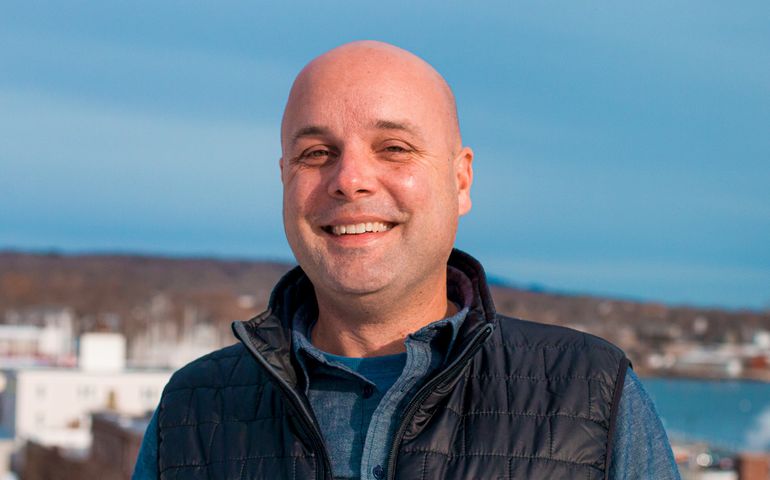Two competing trends make the economies of Maine’s year-round islands precarious, says Rob Snyder, president of the nonprofit Island Institute.
“The lobster industry is suffering from international trade tariffs and a drop in lobster landings,” he says. “Prices for lobster have been high so markets for our product are becoming unpredictable at home and abroad. Meanwhile, tourism is booming, but the related jobs often do not pay well.”
In 2020, island residents will need to be ever-more creative in making an income.
“People are looking at diversifying their income,” Snyder says. “They are adding to their lobster businesses by starting small-scale kelp and shellfish aquaculture businesses. Communities are also looking into investing in broadband networks so visitors will stay farther in to the shoulder seasons, and year-round residents can participate in the work-from-home economy. The broadband strategy may also help attract people to move here, something that we need in order to sustain our workforce as our communities age.”
The Island Institute, which was founded in 1983 and is based in Rockland, works with 120 island and coastal communities to strengthen economies, enhance education and share information and resources.
Community impact
On Monhegan Island, Carly Mayhew and Mott Feibusch were looking for a business idea that would allow them to stay year-round without having to work a lot of part-time jobs. They realized the thing they missed on Monhegan was fresh-roasted coffee.
“The couple decided they needed a short introductory course on the coffee business and roasting techniques,” he says.
With a professional development grant from the Island Institute’s Tom Glenn Community Impact Fund, Mayhew attended a roasting workshop.
Consulting with Island Institute staff, Mayhew and Feibusch developed a business plan and received a small business loan from the Glenn Fund to buy a used coffee roaster.
“With that, Monhegan Coffee Roasters was born,” Snyder says. “Living in an isolated, rural community like Monhegan, conventional financing options and training can be hard to obtain.”
The Island Institute’s Glenn Fund, he adds, is designed to meet people on their terms, in the communities in which they are building lives and connections, and help them thrive.
“It’s not about attracting the next big employer,” he says. “People here work hard, and they work for themselves. We need to support the people who are diversifying their incomes and attract people who wish to do the same. We also need to empower the educated and underemployed women along our coast. Broadband investments and small business support can support these outcomes.”
Read more


